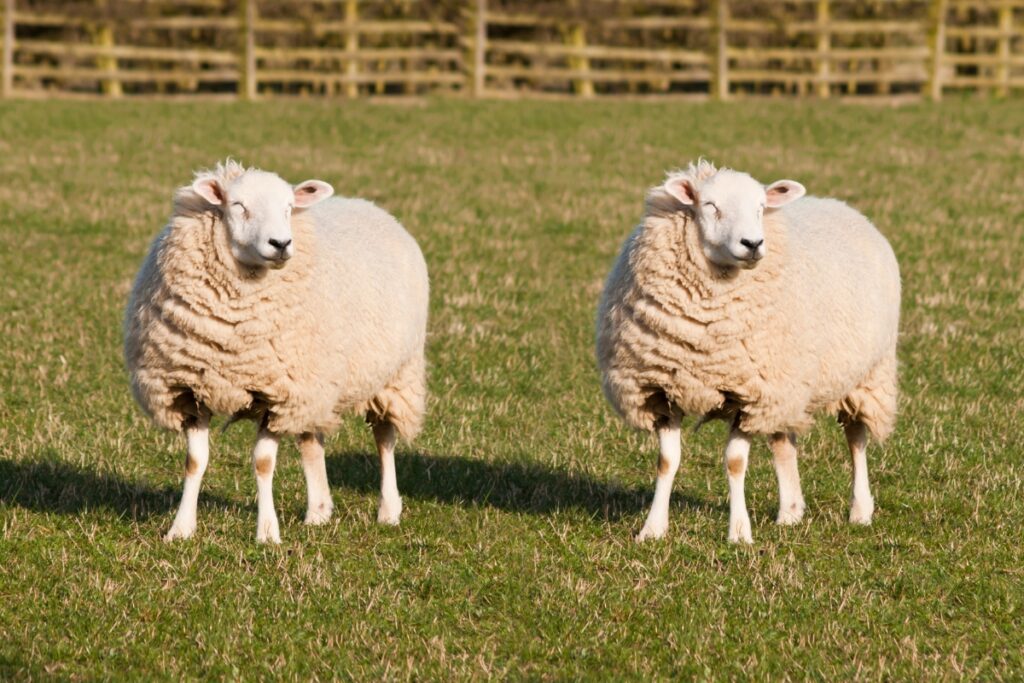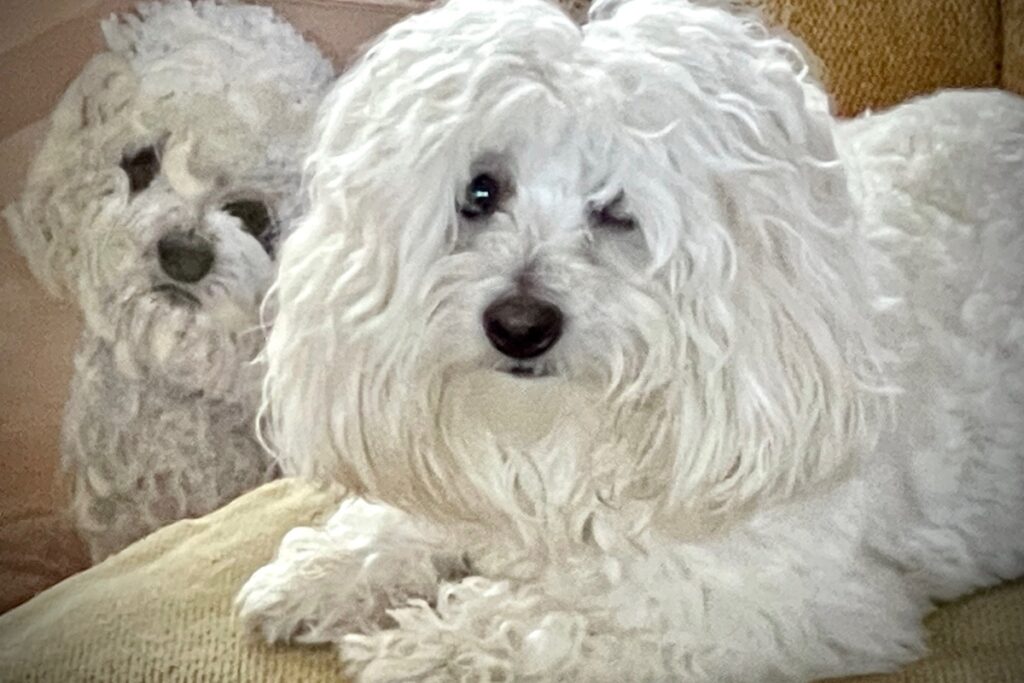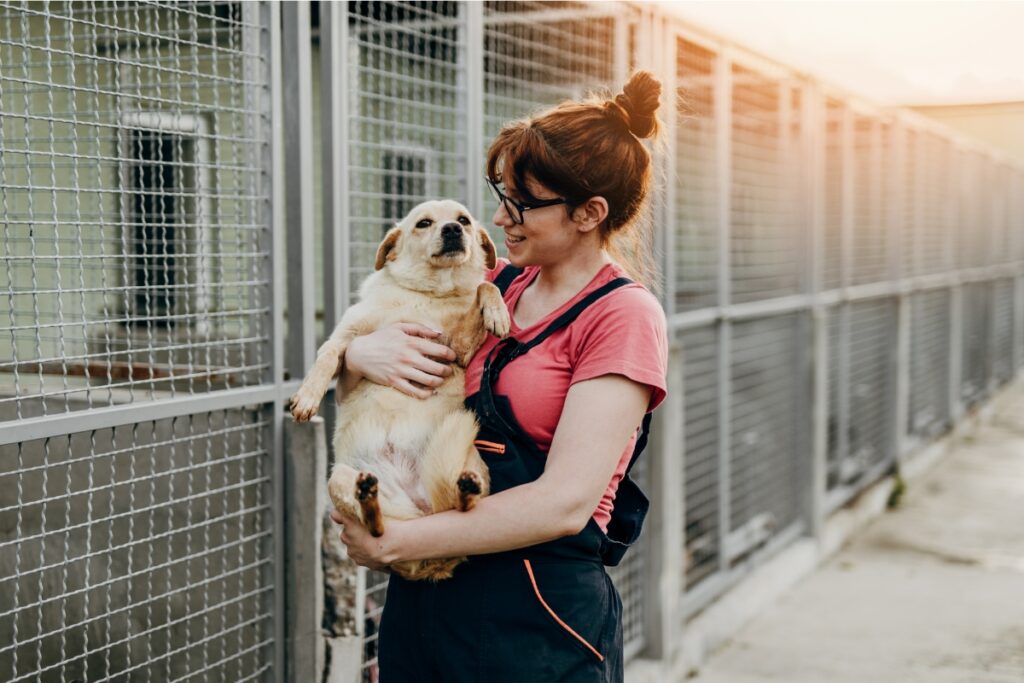
When New Yorker John Mendola lost his beloved Shih Apso, Princess, who he rescued from a Long Island police station, he made a choice few pet owners consider: He had her cloned.
After watching a South Korean documentary on pet cloning and learning about ViaGen Pets, a Texas-based cloning company, Mendola saw an opportunity to bring back a version of Princess through science. Two cloned puppies, Princess Ariel and Princess Jasmine, were born in 2018—identical to Princess in looks and, according to Mendola, even sharing her quirks.

This emotional decision is not just an isolated incident; rather, it reflects a growing trend. Once reserved for agricultural research animals, cloning is now increasingly used by pet owners desperate to preserve connections with their companions. However, it also raises ethical, economic, and social questions around cloning technology.
The Science of Cloning
Cloning isn’t simply a genetic copy-and-paste; it’s a complex biological process. To create a clone, a cell nucleus from the original pet, holding all its genetic information, is transplanted into a donor egg from which the nucleus has been removed. This embryo is then implanted in a surrogate mother who will carry the clone to term.

Cryopreservation technology has further revolutionized the cloning process. It allows genetic material to be stored indefinitely, meaning cloning can be delayed until an owner is ready. Blake Russel, president of ViaGen Pets, says this preservation technique allows for “an identical genetic twin, separated by years, decades, or perhaps even centuries.” There is a significant cost, though—cloning a dog runs around $50,000, a cat about $30,000, and a horse an astounding $85,000.
The Choice To Clone
For many pet owners, cloning offers a chance to bridge the gap between life and death in a way that no other method can. Mendola’s choice wasn’t just about having another dog, but rather about preserving the specific traits that made Princess so dear to him. “They both do it at the same time, just like Princess did,” he says of the clones’ shared behaviors.
In 2018, Barbra Streisand famously revealed that she cloned her dog, Samantha, sparking an international interest in pet cloning. Other high-profile figures, such as Simon Cowell, have also expressed interest in cloning, seeing it as a way to keep a precious relationship alive.

The Controversy Around Cloning
While cloning offers a way to preserve a beloved pet, it stirs controversy, too, especially among animal welfare advocates. A Columbia University report found cloning success rates are low—just 20% for most mammals—requiring multiple embryos and surrogates to produce a single viable clone.
Groups like the RSPCA voice concerns about potential distress for both the egg donors and surrogates, along with a higher risk of disease and physical issues in clones. PETA also questions the ethics of cloning, arguing that it worsens pet overpopulation. Instead, they urge adoption over cloning. “There is so much more to an animal than their DNA,” says Penny Hawkins from the RSPCA, noting that cloning can’t capture the unique experiences that shape an animal’s personality.
The Ethical Implications and Future Prospects
Pet cloning raises moral questions about human intervention in nature. Geneticist Andrew Hessel views cloning as a way to preserve familial bonds, comparing it to having a biological child instead of adopting. As technology advances, companies like South Korea’s Sooam Biotech and the U.S.-based ViaGen Pets are improving cloning efficiency and lowering costs, eventually making it more accessible.

However, many experts emphasize that cloning can only replicate genetic traits, not the full individuality of a pet. Even John Mendola, who found comfort in his cloned puppies, still adopted another rescue dog—recognizing that cloning can’t entirely replace a lost pet.
Final Thoughts
As cloning becomes more advanced, society must grapple with its ethical implications. Is cloning a comfort to grieving pet owners, or does it add to ethical concerns in animal welfare? For many, adoption remains a fulfilling option. While cloning preserves biology, the love and bond we share with pets are truly unique to the individual.
Sources:
The New Yorker: Would You Clone Your Dog?
BBC: The people cloning their pets
The Mirror: Barbra Streisand reveals she cloned her dead dog TWICE – and this is how much it cost







